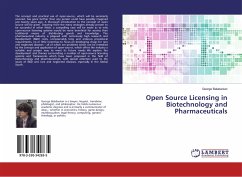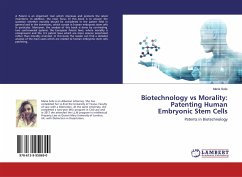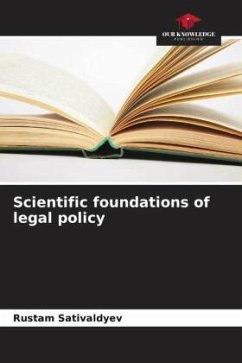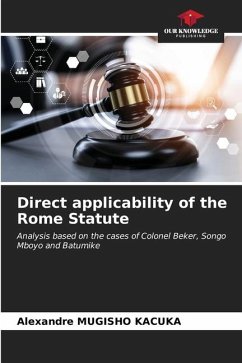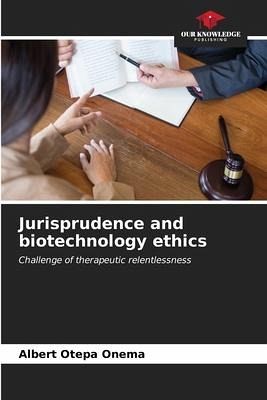
Jurisprudence and biotechnology ethics
Challenge of therapeutic relentlessness
Versandkostenfrei!
Versandfertig in 6-10 Tagen
29,99 €
inkl. MwSt.

PAYBACK Punkte
15 °P sammeln!
People have always sought to stave off death and live as long as possible. In our societies, scientific and medical progress has made it possible to considerably increase life expectancy. However, when we tend towards the end of life, it seems difficult for medicine to resolve to "abandon" a patient and/or let them go. Furthermore, it is not always easy for the medical profession to make an absolutely certain prognosis, although the use of technological data in biomedical sciences offers them the possibility of readjusting diagnoses in order to propose a possible treatment and this, must be ba...
People have always sought to stave off death and live as long as possible. In our societies, scientific and medical progress has made it possible to considerably increase life expectancy. However, when we tend towards the end of life, it seems difficult for medicine to resolve to "abandon" a patient and/or let them go. Furthermore, it is not always easy for the medical profession to make an absolutely certain prognosis, although the use of technological data in biomedical sciences offers them the possibility of readjusting diagnoses in order to propose a possible treatment and this, must be based on the ethical application of life sciences. This is the contribution of this work. Its aim is to place the ethical application of jurisprudence at the center of both biomedical and biotechnological concerns to restore human life to its sacred character. Thus, we would like to show that in the intersection between scientific-legal evolution and biotechnological practices, it would be appropriate to put in place ethical principles.



